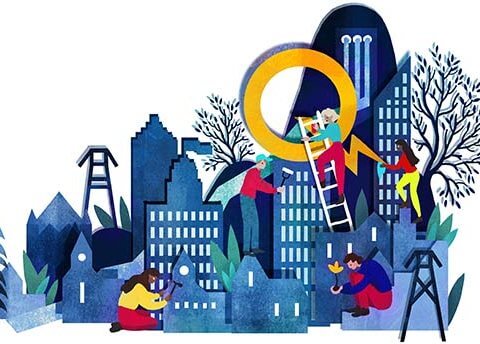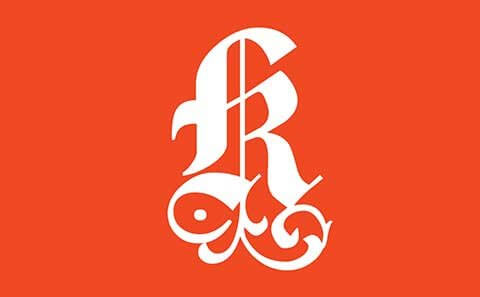Climate change presents a growing threat to almost everything we place value on in this world.
Not just specific coastal communities or the threat of drought, but to our collective physical and mental health as well. Corporations stand exposed to risk no matter what sector they’re in and leading companies across Canada are working to understand where the greatest gaps lie.
It’s why Corporate Knights has decided once again, with sponsorship support from the Canadian Industry Partnership for Energy Conservation (CIPEC), to carry forward the annual Best 50 Corporate Citizens in Canada ranking into its 17th year. CIPEC helps organizations increase profits by improving energy efficiency and reducing greenhouse gas emissions.
Corporate Knights places the highest degree of emphasis on transparency and continuity in our quest to reflect which companies are leading the way to a more sustainable world. While we [strive to] avoid making changes to our methodology, every decade we make a significant update to reflect the evolution of corporate sustainability practices and disclosure.
The first time we did this was in 2005 for the Best 50, when we moved from a “black box” third party-sourced research model to a transparent set of indicators from the public domain.
This year, we have taken an equally important step to update our weighting system from equal weight for each metric to a rules-based weighting guided by the relevance of each key performance indicators (KPI) for each industry, placing more emphasis on metrics that matter most for each industry. The energy KPI, for example, will carry more weight for a company in a sector that accounts for a substantial portion of total energy use (within the universe of ranked companies) than it will for a company in a sector that accounts for a relatively small portion of total energy use.
Second, a clean revenue KPI has been added. It is calculated using multiple research sources that identify potential clean revenues on a product/service segment basis. Findings of potential clean revenues of 10 per cent or more of total revenues are then confirmed via manual inspection of financial statements and sustainability reports on a company-specific basis.
While there will be some growing pains adjusting to these new goal posts, we are confident it furthers our quest and will help enhance feedback loops that reinforce a sustainable economy. Companies can take our assurance that these are the new goal posts and with the exception of minor refinements from year to year, the criteria will not be undergoing any major changes in the next five years.
Class of 2018
The top company this year is Hydro-Québec, the iconic public utility that has been working hard to rebuild trust among its consumers (see here for more). Following second is Toronto Hydro, which has enjoyed success in recent years reducing its carbon footprint, reducing waste and enacting a climate change adaptation plan.
In third place is Brookfield Global Integrated Solutions, a company that has been aggressively championing sustainable operating practices within the real estate industry. Rounding out the top five are two Saskatchewan-based firms: mining company Cameco and agricultural term lender Farm Credit Canada.
A mix of sectors appear on this year’s Best 50 list, demonstrating the diverse nature of Canada’s economy. International banks, telecom companies and energy utilities are particularly prominent, along with various other participants within the extractives industry.
Companies headquartered in seven provinces are featured on the ranking, with Ontario and Québec accounting for a combined 30 of the top 50. B.C. and Alberta tied with seven apiece, followed by Saskatchewan, Manitoba and Nova Scotia.
See the full Best 50 results here.
Click here to go back to the ranking landing page.






